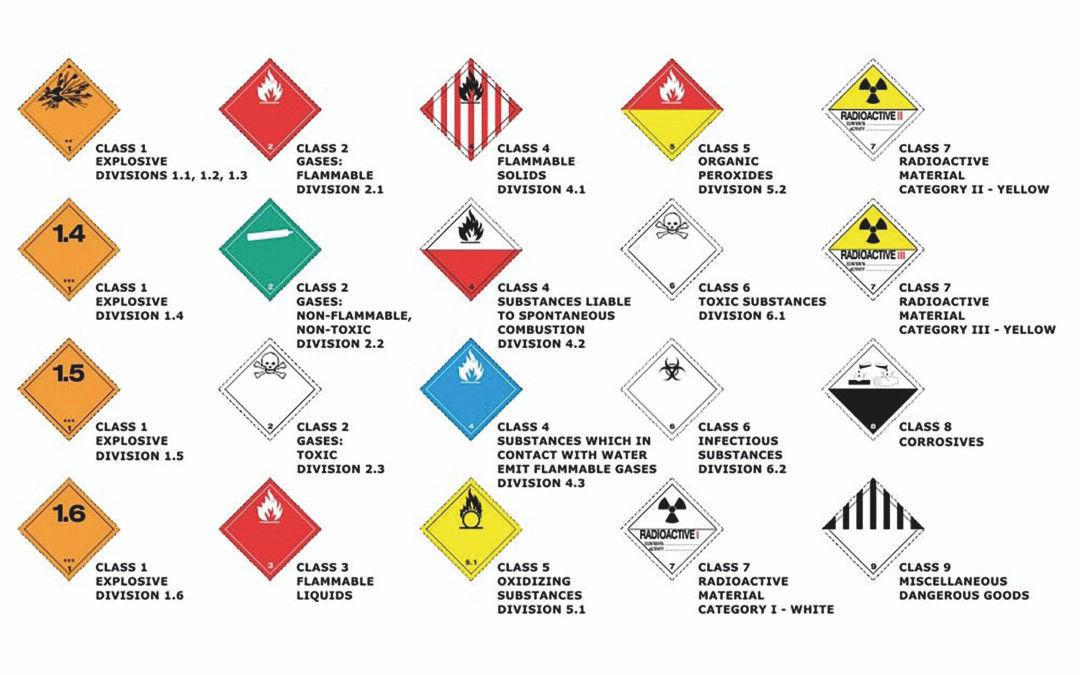May 31, 2024
The efficient and safe movement of dangerous goods is paramount. However, a concerning trend has emerged as industry experts highlight the significant impediments caused by the lack of accessible training programs in this critical sector. This has affected the clearance of dangerous as well as non-dangerous goods airlifting, as the Indian Director General of Civil Aviation (DGCA) has failed to renew a Competency Based Training and Assessment (CBTA) programme, which was due for renewal on 31st March 2024.
The transportation of dangerous goods encompasses a wide range of substances, from flammable liquids to hazardous chemicals and even radioactive materials.
READ: PML SEAFRIGO LOOKS TO THE FUTURE
Ensuring the proper handling, storage, and transportation of these goods requires specialised knowledge and expertise. Yet, access to comprehensive training programs tailored to the unique challenges of handling dangerous goods remains limited. There seems to be a significant disconnect in accessing these training programmes in India, and DGCA civil aviation regulatory authority in India has neither issued nor renewed any certificates to training institutes for such specific training in dangerous goods capacity.
This could potentially affect IATA-certified freight forwarders, as quoted by The Hindu Businessline, an online news source agency. It further assessed that; the Air Cargo Agents Association of India (ACAAI) has written the concern to the DGCA stating that its members across India had been trained hitherto through the DGCA approved training institutes.
However, consequent to the implementation of the CBTA from 1st April, the DGCA approval of the DG Training Programme has reportedly not been renewed after it expired on 31st March. The ACAAI has further added that “all the association members have to comply with the guidelines of the DGCA and IATA. However, due to the absence of any DGCA-approved DG training institutes from 1st April 2024, employees of the association’s members would neither be able to get trained nor the basic nor in the refresher training programme.
This will put their business at severe risk and loss as well as compliance, and this is of a very serious concern to the ACAAI management” the association stated. Industry stakeholders, including logistics companies, regulatory agencies, and trade organisations, have sounded the alarm on the repercussions of this deficiency. Without adequate training, workers may lack the essential skills and awareness to safely manage dangerous goods, leading to increased risks of accidents, injuries, and environmental damage.
READ: VOICE OF THE INDUSTRY: ADVOCATING FOR MODERNISATION OF AVIATION INFRASTRUCTURE
This has led the ACAAI to urge DGCA to either reinstate or issue fresh training institutes to ensure renewal of DG training certificate or ultimately extend the implementation of the CBTA programme till DGCA concludes approval of the certified training institutes.
Alternatively, Air Cargo Forum India (ACFI) has outlined the concern by stating that the introduction of the new CBTA model could affect many individuals and organisations involved in handling and transportation of dangerous goods and are facing further challenges in gaining appropriate training programmes aligned with the new set requirements of the DGCA.

Goods dangerous for transport are grouped into nine main United Nations (UN) Hazard Classes according to their properties
This has led the members of the association into deep waters as they are unable to renew or obtain such necessary certifications within the stipulated timeframe. Furthermore, the lack of accessible training programs exacerbates compliance issues, as employees may struggle to navigate complex regulations and guidelines governing the transportation of dangerous goods.
This not only poses legal liabilities for businesses but also undermines efforts to uphold safety standards and protect public health. Thus, ACAAI and ACFI have urged DGCA to consider a suitable extension of all the DG certificates for a considerable period until existing training institutes are recertified by the regulator.
The importance of DG certification via the CBTA training approach was implemented by the DGCA by air transpiration as it deals with the highrisk categories including radioactive isotopes, detonators for airbags used in the automotive industry, and lithium ion batteries to name a few. Thus, this marks the importance of the DG certification and its periodical renewal with subsequent training to create safe working and air transportation of these goods across the globe.
As global trade continues to expand and the demand for transporting dangerous goods grows, ensuring that workers receive adequate training and support will be essential for mitigating risks and fostering sustainable growth in the logistics industry
The post Dangerous goods movements hindered as DGCA skips deadline appeared first on Air Cargo Week.
Go to Source
Author: Anastasiya Simsek
Latest Posts





